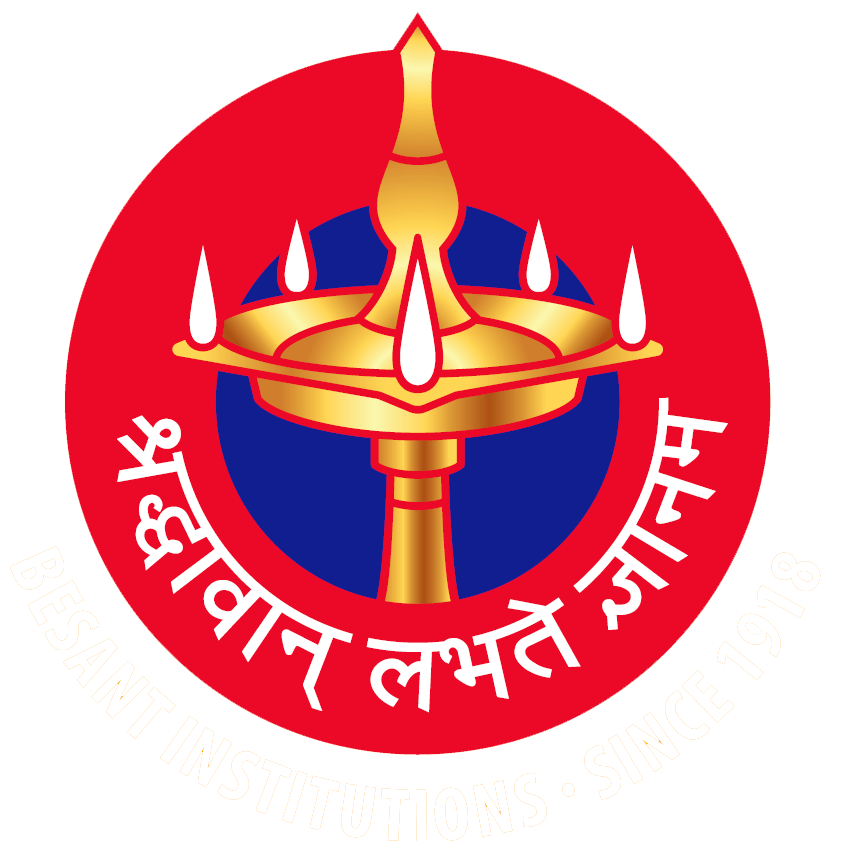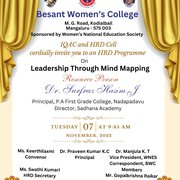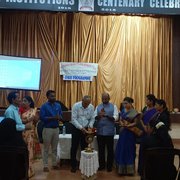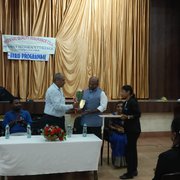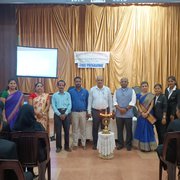Workshop - Leadership through Mind Mapping: HRD Cell
Formal function was started by invoking god’s blessings by Ankitha and her team who lead us into the prayer, followed by lighting the lamp the dignitaries graced the event. The guests were welcomed. To begin with, our chief guest of the today’s programme Dr. Surfraz Hasim J, Principal, P.A First Grade College & Director, Sadhana Academy. Our beloved principal Dr. Praveen Kumar K.C Besant women’s college. Dr. Manjula K.T Vice President, WNES, Correspondent, BWC. IQAC coordinator Dr. Sathish K.
HRD Convenor Ms.Keerthilaxmi. Members of HRD cell Mr. Gopalkrishna Raikar and Ms. Indira Badya. Student Council advisor Ms. Shobitha T.S.
Objectives:
The workshop aimed to enhance leadership skills through the application of mind mapping techniques. The specific objectives were:
- To introduce participants to the concept and benefits of mind mapping.
- To demonstrate how mind mapping can be used to solve complex problems, enhance creativity, and improve decision-making.
- To provide hands-on experience in creating mind maps for various leadership scenarios.
Agenda:
1.Introduction to Mind Mapping
- Definition and History
- Theoretical Foundations
2.Benefits of Mind Mapping in Leadership
- Enhancing Creativity and Innovation
- Improving Problem-Solving Abilities
- Streamlining Decision-Making Processes
3.Practical Session: Creating Mind Maps
- Tools and Techniques
- Step-by-Step Guide to Creating a Mind Map
4.Applying Mind Mapping to Leadership Challenges
- Case Studies and Group Activities
- Real-World Applications
5.*Review and Feedback*
- Participant Presentations
- Q&A Session
- Feedback Collection
Key Highlights:
Introduction to Mind Mapping: Dr. Surfraz Hasim J began with an engaging lecture on the history and development of mind mapping. She emphasized its roots in cognitive psychology and its practical applications in various fields, particularly in leadership.
Benefits of Mind Mapping in Leadership: Participants learned about the numerous advantages of mind mapping, including its ability to facilitate clear and structured thinking, promote creativity, and enhance problem-solving skills. Dr. Surfraz Hasim J highlighted how leaders can use mind maps to organize thoughts, plan projects, and communicate ideas effectively.
Practical Session: The hands-on session allowed participants to create their own mind maps using both traditional paper and digital tools. Dr. Surfraz Hasim J provided a step-by-step guide, demonstrating each phase of the mind mapping process from central idea development to branching out into sub-topics and details.
Group Activities and Case Studies: Participants were divided into small groups to tackle specific leadership challenges using mind maps. This interactive segment encouraged collaboration and allowed participants to apply their newly acquired skills to real-world scenarios. Examples included strategic planning, conflict resolution, and team management.
Feedback and Evaluation: The workshop concluded with participants presenting their mind maps to the group, followed by a feedback session. Dr. Surfraz Hasim J provided constructive critiques and additional tips for improvement. An anonymous feedback form collected participants' opinions on the workshop's content, structure, and delivery.
Participant Feedback:
The feedback was overwhelmingly positive. Participants appreciated the interactive nature of the workshop and the practical applications of mind mapping in leadership. Key takeaways included:
- Enhanced understanding of mind mapping techniques.
- Practical skills for applying mind maps to leadership tasks.
- Increased confidence in using mind mapping for problem-solving and decision-making.
Conclusion:
The "Leadership Through Mind Mapping" workshop successfully equipped participants with valuable tools and techniques to enhance their leadership capabilities. By integrating mind mapping into their daily practices, participants can expect to see improvements in creativity, problem-solving, and decision-making processes. The workshop received high praise for its practical approach and engaging delivery, setting a solid foundation for future training sessions on this topic.
Recommendations:
For future workshops, it is recommended to:
- Incorporate more case studies tailored to specific industries represented by participants.
- Provide pre-workshop materials to familiarize participants with basic mind mapping concepts.
- Offer follow-up sessions to help participants refine their skills and address any challenges encountered post-workshop.
